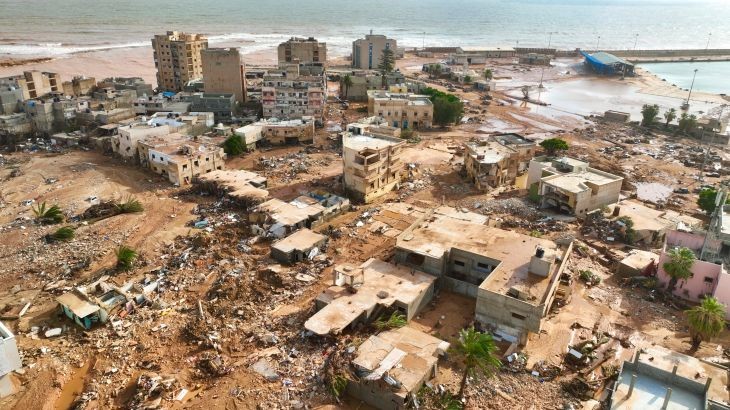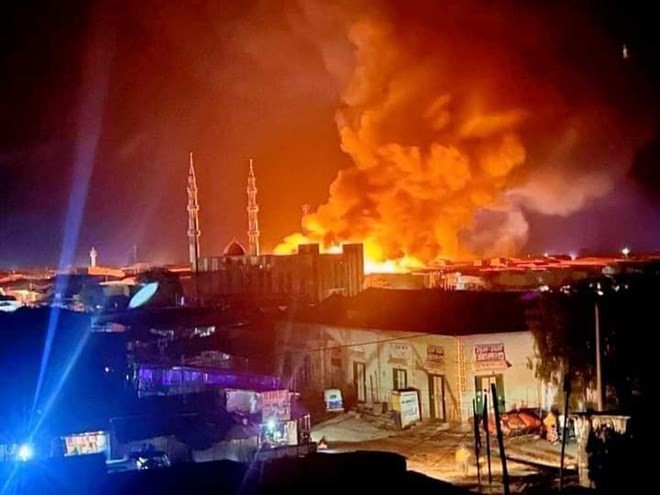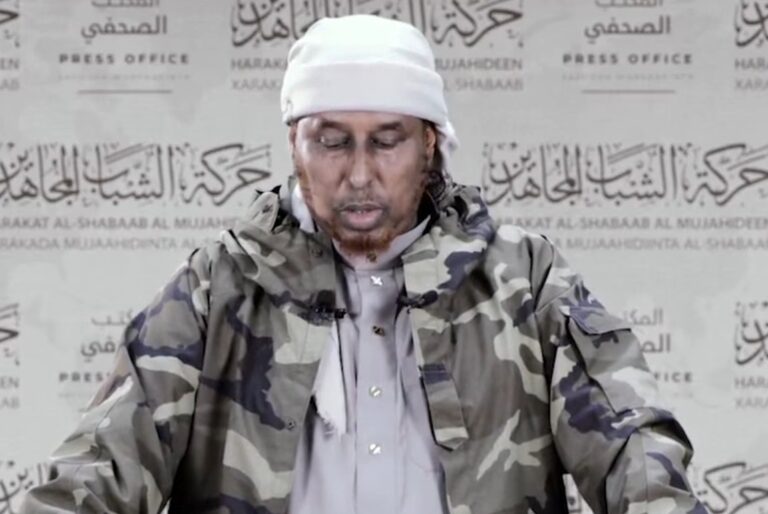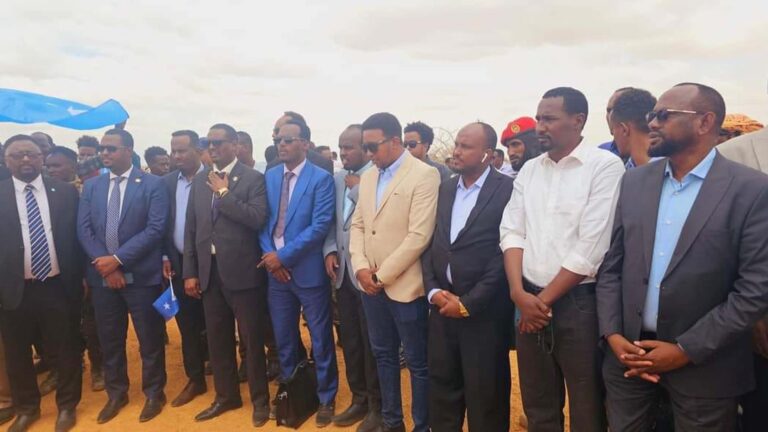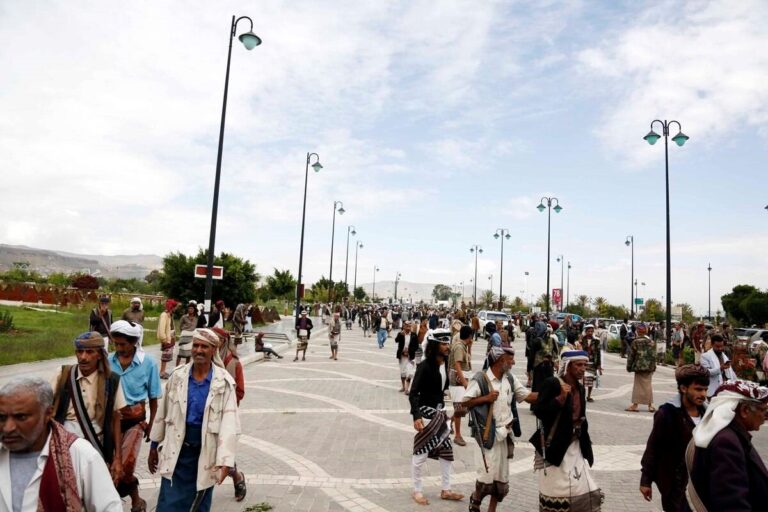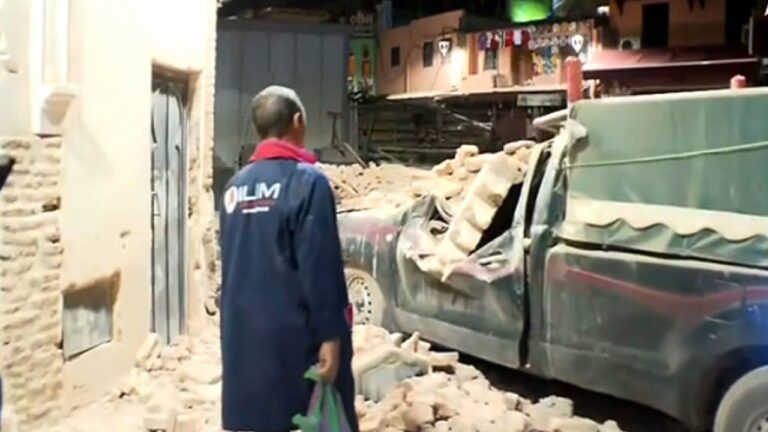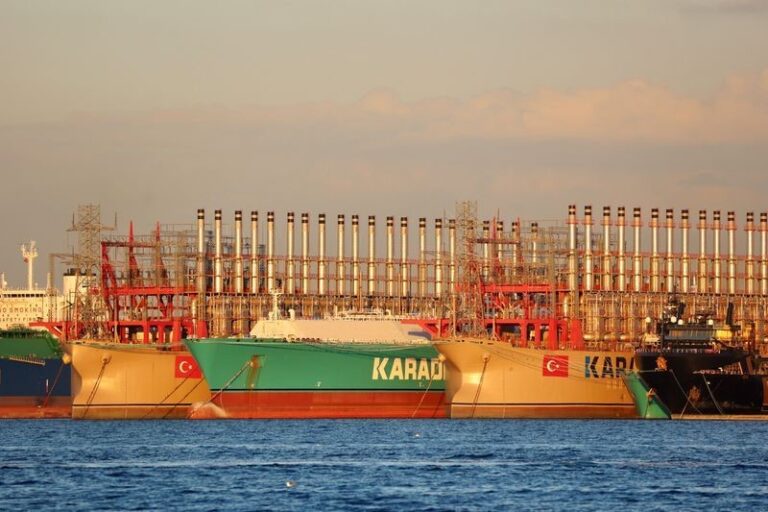In a devastating natural disaster that has shaken eastern Libya, thousands of lives have been lost, with many more missing, following the catastrophic flooding caused by a massive Mediterranean storm known as Daniel. The extent of the tragedy highlights both the intensity of the storm and the vulnerabilities faced by a nation plagued by more than a decade of political chaos and division.
The city of Derna, located along the eastern coast of Libya, was hit hardest by the torrential rains and subsequent floods. The catastrophe began when two dams outside the city collapsed, unleashing a wall of water that swept away entire neighborhoods, turning parts of the city into a muddy wasteland. Footage from the scene showed buildings submerged, cars piled on top of each other, and debris scattered everywhere.
The death toll from this disaster has been a subject of conflicting reports, but the latest estimates put the number of casualties at over 5,000, with an additional 10,000 people reported missing. Hospitals in Derna have been overwhelmed, and morgues are overflowing with bodies. Emergency services are struggling to cope with the scale of the tragedy, as the city’s infrastructure was ill-prepared for such a catastrophe.
The devastating flooding also impacted other parts of eastern Libya, including the towns of Bayda, Al-Marj, Tobruk, Takenis, Al-Bayada, and Battah, causing destruction and claiming lives. Authorities have described the situation as unprecedented, with entire neighborhoods being washed away, and buildings collapsing.
The storm, Daniel, initially developed into a tropical-like cyclone, or medicane, after sweeping across the Mediterranean. Climate scientists have noted that the unusually warm Mediterranean waters contributed to the intensity of the storm and its heavy rainfall.
Libya’s long-standing political conflict and division between two rival administrations, one in the west and the other in the east, have further complicated response efforts. Despite these challenges, international aid efforts have been mobilized, with countries like Turkey and the United States sending relief supplies, including search and rescue teams and medical aid.
The catastrophe in Libya serves as a grim reminder of the urgent need for disaster preparedness and infrastructure improvements in regions vulnerable to extreme weather events. As the nation mourns its losses and works towards recovery, the international community is rallying to provide support to those affected by this tragic event.

